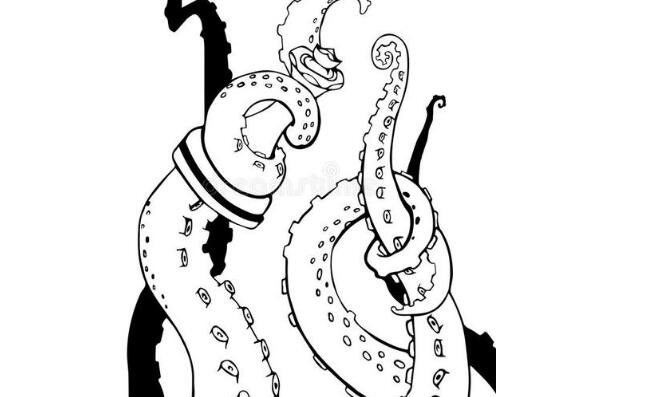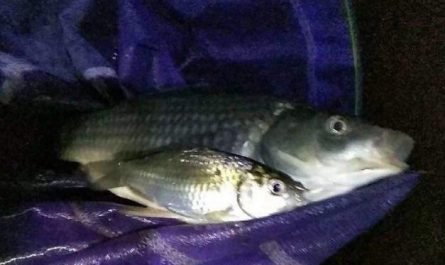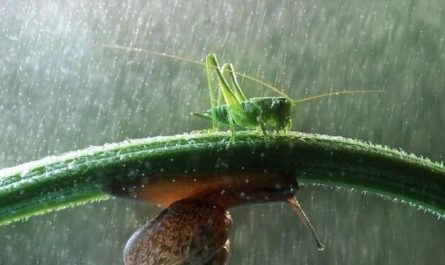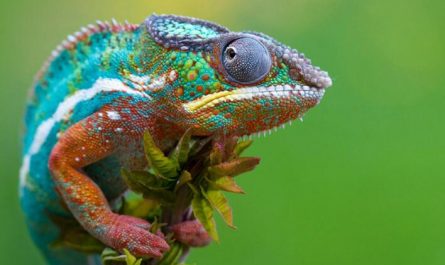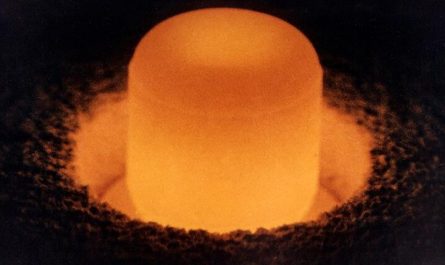The eight tentacles of an octopus allow it to catch more food in the water. There are hundreds of suction cups on the tentacles. In order to save effort, the octopus’s suction cups can be attached to surrounding objects.
But what is amazing is that the octopus has so many tentacles and so many suckers, so it can’t get tangled and knotted. Most of our common octopuses are not very large, but some people have found giant octopuses with tentacles up to 10 meters in the waters near the North Pacific Ocean, with eight long tentacles on the head and hundreds of suction cups. Only with a smart mind can control its tentacles at the same time without tangling and knotting, but also with multi-angle division of labor to obtain food?
Scientists are also very interested in this. They did experiments to understand how octopuses control their tentacles at the same time. Research has found that when the octopus’s tentacles are separated from its body, it will rely on its instinct to catch things that are accessible around it. At the same time, the suction cup will not stick to itself, and no knotting will occur. It seems that the octopus’s arm is not controlled by its brain.
In order to further clarify the truth, the scientists put the living octopus, the broken arm of the octopus, the broken arm with the skin peeled off, and the petri dish containing the mucus of the octopus skin in a pool for careful observation. It turns out that the octopus’s broken arm will not catch live octopus and petri dishes with its own mucus, but when the tentacle touches the broken arm without skin, it will be sucked by the suction cup. For a living octopus, it will not grab its own broken arm and petri dishes with skin mucus, but it will grab the broken arm without skin, and even eat it in the mouth. If during the process of catching the octopus, the skin on some of the broken arms is exposed, then it will also avoid the broken arms with some skin. Therefore, the scientists concluded that octopuses recognize each other by substances on their skin.
The octopus can also rely on the substances on the skin to identify itself and food without the control of the brain, thus avoiding the knotting and adhesion of multiple tentacles and multiple angles. This is also a way for octopus to protect itself in the long-term evolutionary process. Octopus is very powerful in the process of evolution. Sometimes in order to avoid enemies, even like geckos, they will abandon their tentacles. The regeneration function of their tentacles is relatively powerful, and they can grow back in just over ten days. It is said that octopuses will also be depressed or sick, and depressed or sick octopuses will eat their tentacles.
